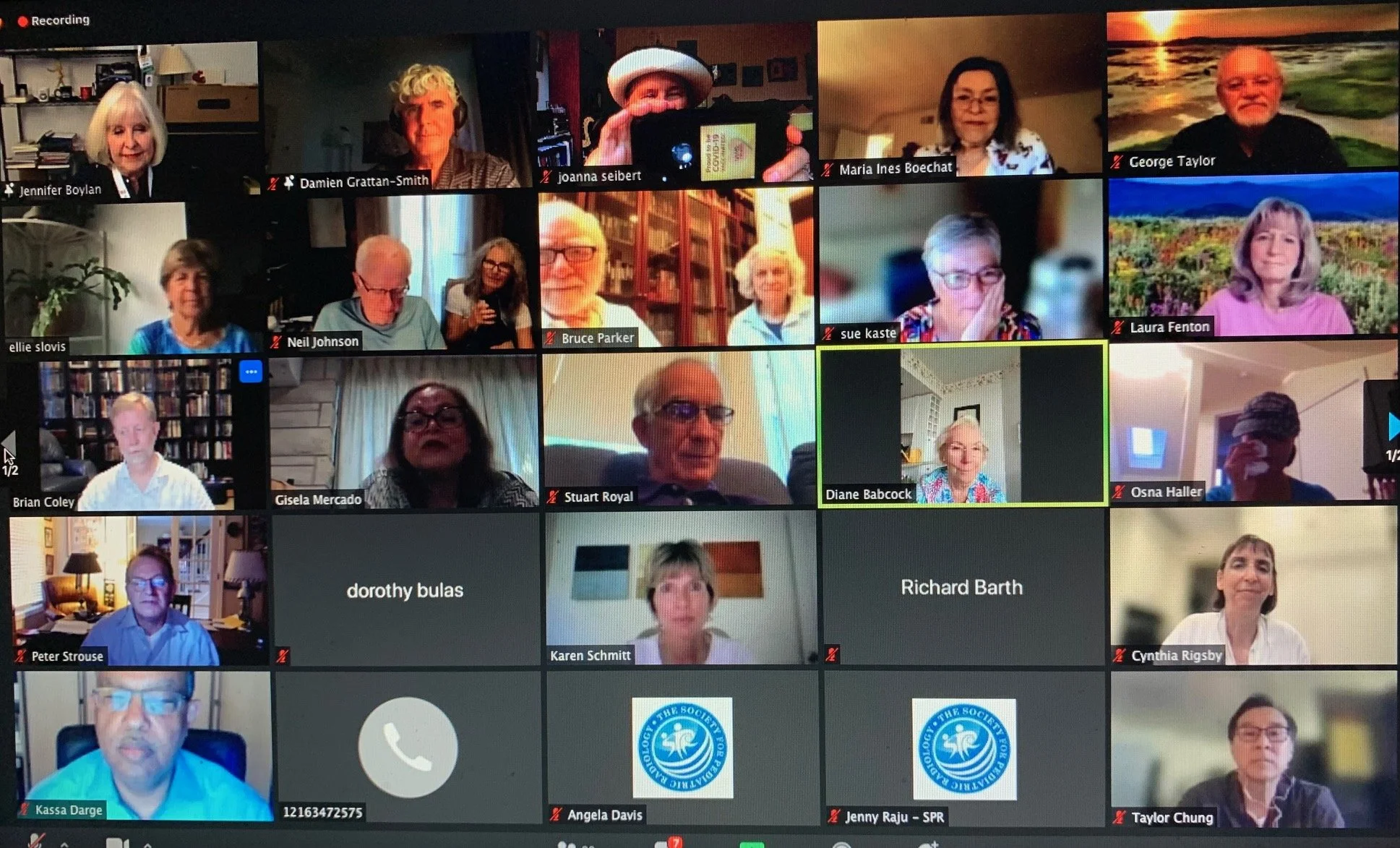Hospitality of Thoughts as a Spiritual Practice
“Hospitality means primarily creating a free space where the stranger can enter and become a friend instead of an enemy. Hospitality is not about changing people, but about offering them space where change can occur. It is not to bring men and women over to our side.
The paradox of hospitality is that it seeks to create a friendly emptiness where strangers can enter and be free to sing their own songs, speak their own languages, and dance their own dances; they are also free to leave and follow their own vocations. Hospitality is not a subtle invitation to adore the lifestyle of the host, but the gift of a chance for the guest to find his own.”—Henri Nouwen in You Are the Beloved (Convergent Books 2017).
During the pandemic, I was on a Zoom call with other pediatric radiologists nationwide, honoring a staff member who led our group of physicians for over twenty-nine years, striving to deliver the best care to children undergoing diagnostic imaging. Jennifer was highly competent but also exceptionally unique. Some of the comments I remember were that she was always a glass-three-quarter-full person.
People who see a glass half empty see the world in its scarcity—those who see a glass half full see the world and its abundance. But Jennifer saw the world as overabundant, with more possibilities than one could imagine. Someone mentioned she never saw a bad idea. That meant she listened to every thought given to her and looked at all the possibilities it had to offer.
I wish I had spent more time with her and learned more from her, even if it was just by osmosis.
We recently studied the Rule of Benedict with a group of people learning about pastoral care. We discussed the Benedictine concept of radical hospitality, where the stranger is always welcomed, regardless of who they are or where they come from. At the celebration of Jennifer Boylan’s work, I realized she was practicing radical hospitality for people’s thoughts and ideas. She welcomed them regardless of who proposed them and sought the truth in each possibility to move forward. More and more, I realize our thoughts are precious to us. They come from the creative and vulnerable part of us that we must treat gently, as she so well did.
I also asked Jennifer to explain how she learned these skills. She told me she learned this from her father, who died in 2015, whom I had met once when he was in the hospital. His colleagues described him as “a seeker of knowledge, foe of unnecessary complication, purveyor of simplicity. A calm place in a storm. Always willing to talk. Quick with a smile. Respected by his peers.” This well described Jennifer, as she had hoped in her life to emulate her father. She had learned from him an impatience for bureaucracy and a need to minimize the steps between A and B.
I heard Jennifer and her father teach us “experts” that night about staying in relationships and serving others, leading by example. We would describe this person as a servant leader in a religious setting as well as in this medical setting.
Joanna. https://www.joannaseibert.com/


